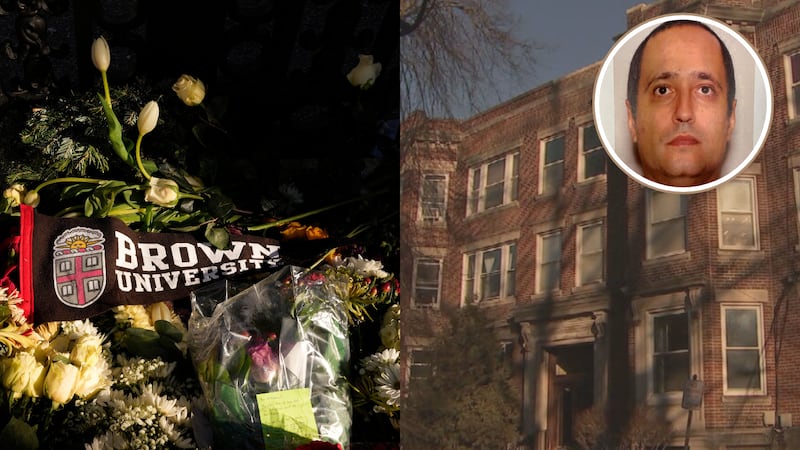BOSTON — In Massachusetts, the vaccine priority order is based on protecting the state’s healthcare system, and those at risk for the most severe impacts of COVID-19. That’s why doctors, nurses, and residents 75 and older are among those at the front of the line.
But what if the focus was on those who spread the virus the fastest, the younger, most mobile members of society?
“Because we are in a race against the B.1.1.7. variant, we want to immunize as many people who are at risk of developing severe disease or at risk of dying,” said Alessandro Vespignani of Northeastern University.
This has been the approach thus far. In fact, many of the elderly and people at higher risks of death have begun their vaccinations.
But with the threat of new variants being the predominant source of spread soon, doctors are asking a tough question.
Should we prioritize those considered superspreaders over those more at risk but are also more isolated?
Although controversial, Vespignani said this is something doctors are discussing as a potentially more effective approach at getting back to normal faster especially with concerns for new variants.
“There is a lot of discussion at the moment,” Vespignani said.
He’s talking about the people on the train, at airports, at restaurants, even the ones who have been going to parties during the pandemic. Although it may seem insensitive, the argument is to stop the new variant before it takes over.
“My initial thought is to take care of the most vulnerable first until they get enough vaccine to do everybody,” said Walpole resident Joe Michienzie.
“Since I’ve worked in nursing homes and homes and assisted livings all year and I’ve seen how many people die from COVID they definitely need it,” said hospice worker Lori Schneider, adding that she sees both sides. “People that are young and don’t think about catching it, they don’t care, they don’t wear their masks.”
Doctors say any decision to reprioritize would depend on one thing.
“We don’t know, to what extent, the vaccine prevents transmitting the disease,” said Vespignani. “So the use of the vaccine as a way to stop transmission is something that we have to get more solid data about. There are, and there will be, opportunities to change the prioritization along the way when we see more what happens with the new variants and when more vaccine doses will be available.”
Follow Wale on Facebook: WaleAliyuTV Twitter: @WaleAliyu or Instagram: WaleAliyuTV
Download the free Boston 25 News app for up-to-the-minute push alerts
>> Complete local and national coronavirus coverage here
RESOURCES:
- Complete local and national coronavirus coverage here
- Follow us on Facebook and Twitter | Watch Boston 25 NOW





